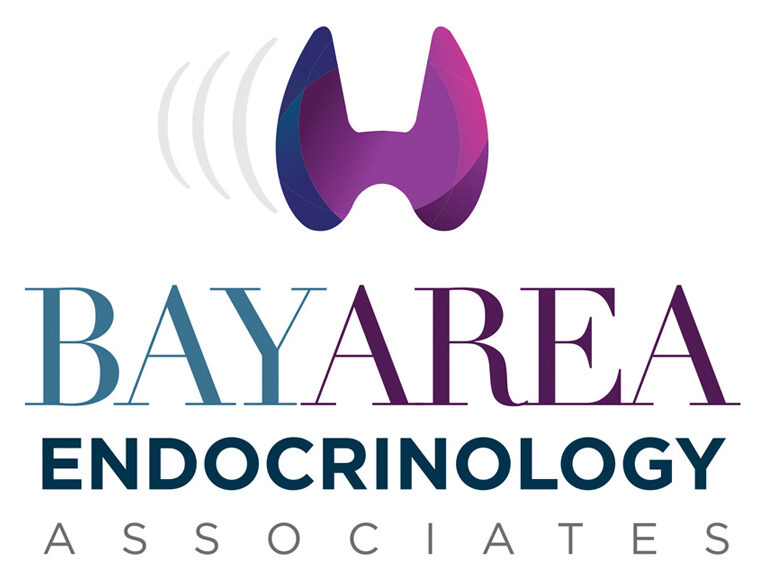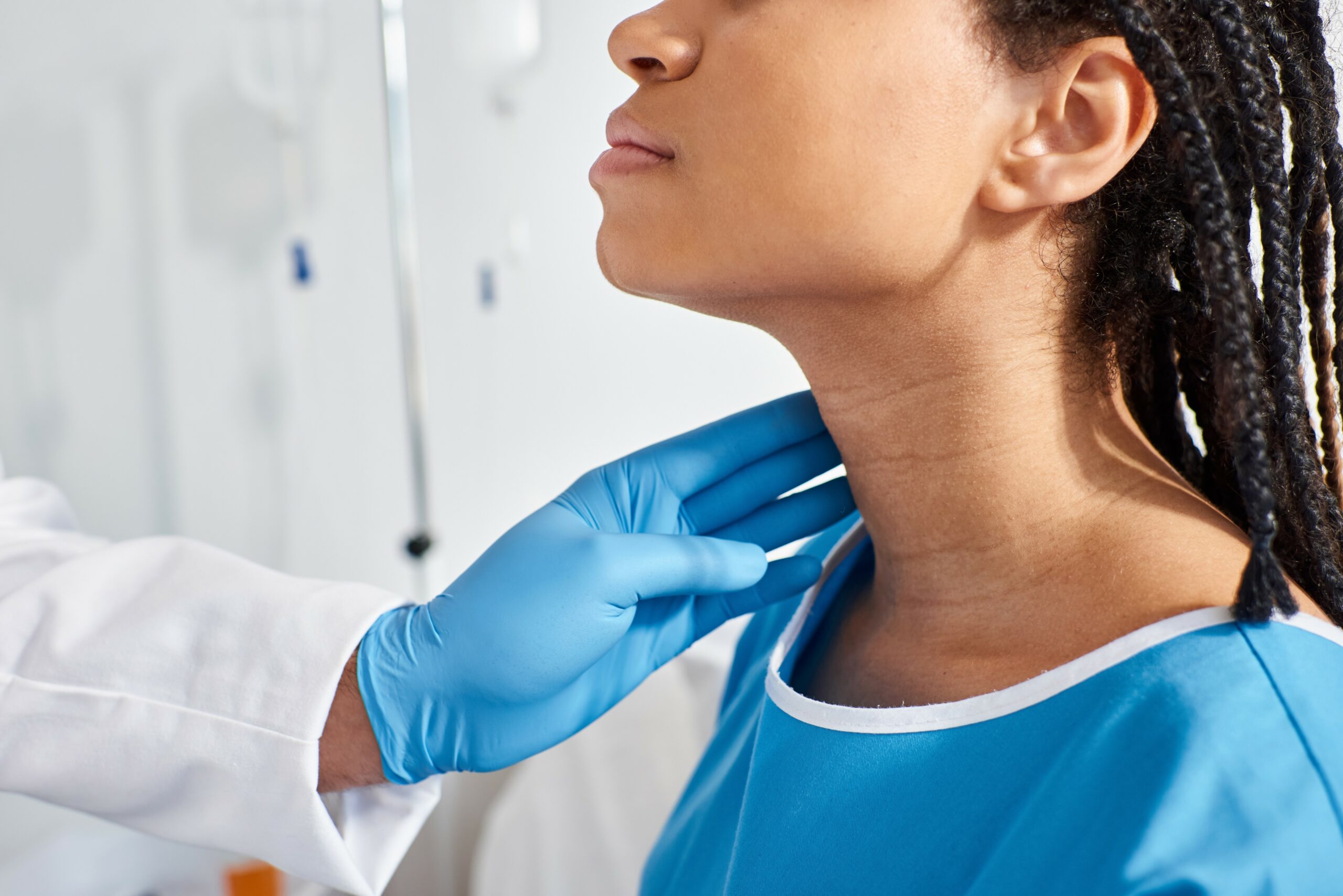The Symptoms of low testosterone
Dr. Pedro Troya, a board-certified endocrinologist with Bay Area Endroconoligy has seen his fair share of Testosterone Deficiency in his patient treatment regime. As noted by The Jama Network published by the American Medical Association, 7 percent of men over 50 are affected by low testosterone, which can result in a number of problems such as decreased muscle mass, depression, decrease in bone strength, increase of fat, decrease in libido and more.
However, contrary to public opinion, testosterone is not for bodybuilders, and in fact, it is just the opposite. According to Web MD an endocrinologist like Dr. Troya will only prescribe hormone treatments after blood levels confirm there is a genuine need to attempt to actually boost testosterone levels in both men and women. And yes, women sometimes need testosterone treatment to ensure they have adequate bone density. Bone density is extremely important for both older men and women as a lack of bone density can result in serious medical conditions resulting from falls such as breaking one’s hip bones. Also, a small percentage of male children are considered for testosterone therapy when a lack of the hormone begins to hinder their sexual development during puberty.
The causes of low testosterone
Quite naturally, just as there are diverse patients with low testosterone, there are different causes. For example, in young men with underdeveloped sexual organs, the primary reasons are either an injury to the testicles or some kind of disease experience such as mumps which may have the side effect of causing what is known as hypogonadism. In adult men, on the opposite end of the scale, men lost around 1 to 2 percent per year of their testosterone after around age 30. However, that 1 or 2 percent can significantly add up after a man reaches age 50, and if his testosterone was a bit on the low side to begin with, all the symptoms described earlier may pile up.
Oddly, women, although to a lesser extent than men, often experience the same symptoms as older men, and a doctor such as Dr. Troya may prescribe testosterone treatments for women for many of the same problems as men including hair loss, low-sex drive, lethargy and lack of energy, irregular periods, painful and dry lubrication during sex, depression and difficulty conceiving. You can see then, that testosterone therapy is not a one-size fits all regime. Your doctor must constantly monitor your blood and evaluate how the treatments are progressing, after all, all hormones, including testosterone are a constantly shifting and evolving process.
Like any hormone therapy, there can be side effects, the most common including rashes, itching, or irritation. However, there are other, more serious side effects that include sleep apnea, a higher risk of prostate cancer, difficulty urinating, and blood clots. All of the above indicates that you need an experienced doctor such as those at Bay Area Encronoligy to not only assess whether you are a good candidate for testosterone treatment but also that consistent monitoring takes place for your treatment regime. Never, under any circumstances, take any kind of testosterone booster on your own volition. In fact, clearly indicate to your doctor any type of diet supplement you may have taken to treat the symptom on your own. In actuality, many of those supplements, and certainly any kind of “undercover” testosterone injections may indeed be quite dangerous.
How do you fix testosterone deficiency?
Endrononolists such as those at the Bay Area Endroconligy Associates have a wide variety of tools at their disposal. These include:
- Testosterone Patches
- Testosterone Gels
- Testosterone Mouth Patches
- Testosterone Implants
- Testosterone Injections
You need to consult a trained endocrinologist to explore all of your options and with your doctor’s help, choose the right testosterone treatment that is right for not only your lifestyle but your symptoms. Undoubtedly, this short blog will lead to more questions than to answers. Testosterone therapy, as described earlier, is not just a one-size-fits-all treatment regime, but rather something that is individually tailored to you.
To find out how we treat this condition and explore all your options, contact us at our Tampa Office , where we will be happy to answer all your questions, including other questions you may have about common experiences such as your thyroid problems.









